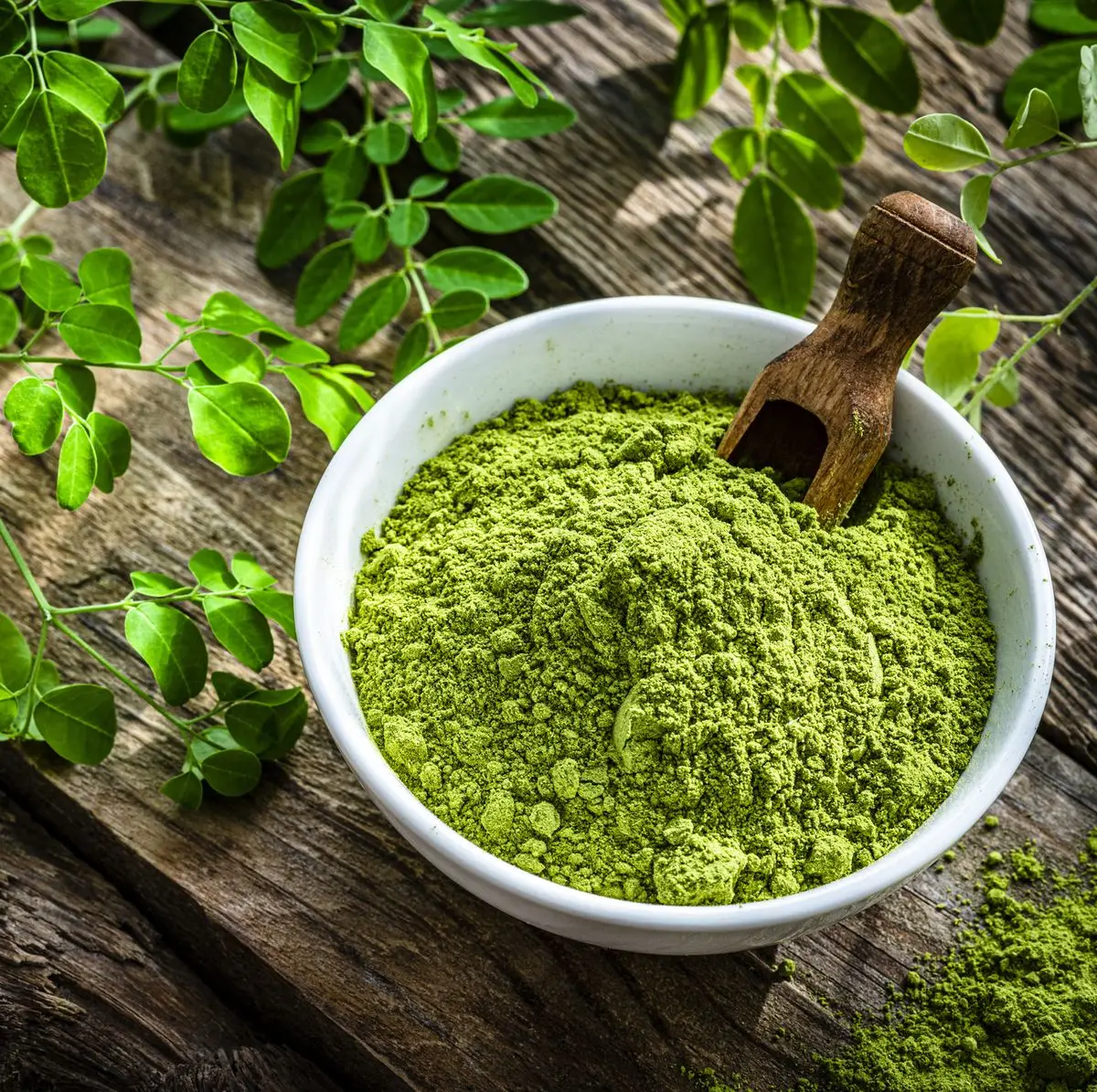- Coriander Leaves: Coriander, commonly used as a culinary herb, is known for its lipid-lowering properties. It can help in reducing LDL (bad) cholesterol while increasing HDL (good) cholesterol. Fresh coriander leaves can be added to salads, soups, or as a garnish on various dishes. For a more concentrated intake, coriander juice can be made by blending the leaves with water.
- Curry Leaves: Widely used in Indian cuisine, curry leaves are not only aromatic but also beneficial in reducing cholesterol. They are rich in antioxidants which help in preventing the oxidation of cholesterol that forms LDL. Curry leaves can be added to your diet by incorporating them into seasoning for dishes or making a chutney.
- Fenugreek Leaves: Known for their distinct flavor, fenugreek leaves are effective in lowering cholesterol due to their high fiber content. They bind to cholesterol in the intestines and prevent its absorption. Fenugreek leaves can be used in cooking, added to dough for making flatbreads, or as a vegetable dish on their own.
- Garlic Leaves: While garlic bulbs are famous for their health benefits, garlic leaves also possess cholesterol-lowering abilities. They can be used similarly to garlic cloves in cooking – sautéed, added to soups, or as part of a stir-fry.
- Moringa Leaves: Moringa, often labeled as a superfood, has been found to have a positive effect on reducing cholesterol. These leaves can be consumed in various ways: dried and powdered moringa can be added to smoothies or juices, or fresh leaves can be cooked as part of a meal.
How to Use These Leaves Effectively
- Incorporate Regularly: To see noticeable effects, these leaves should be included regularly in your diet.
- Fresh is Best: Whenever possible, opt for fresh leaves as they retain more nutrients compared to their dried or processed counterparts.
- Diversity in Recipes: Experiment with different recipes to keep your diet interesting and varied.
- Balance Your Diet: While these leaves can aid in cholesterol management, they should be part of a balanced diet that includes a variety of foods.
- Consult Healthcare Providers: If you have high cholesterol, it’s important to consult with healthcare providers. These natural remedies can complement but should not replace prescribed medications.
Remember, managing cholesterol is not just about eating certain foods; it’s also about maintaining an overall healthy lifestyle that includes regular exercise and avoiding high-cholesterol and high-fat foods. By integrating these leaves into your daily meals, you can take a step towards better cholesterol management naturally.
